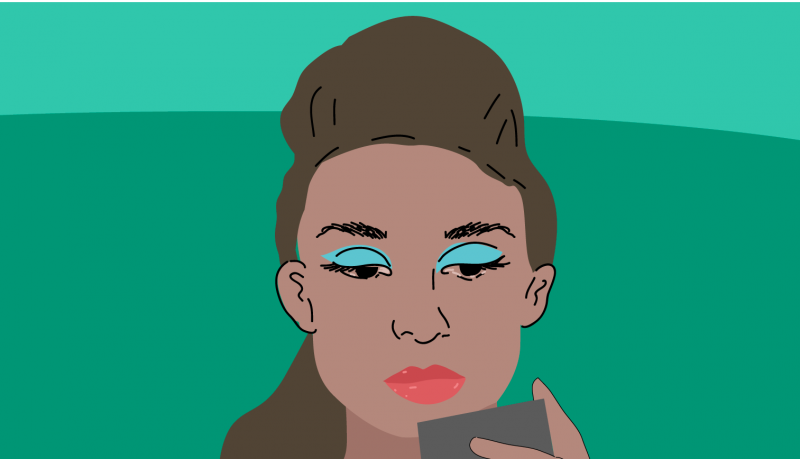There aren’t many readers who will admit to preferring the movie version of a book they read. In fact, it is more often frowned upon. Words can never translate perfectly on screen; no matter how great the team you assemble is.
There are times when films are simply inspired by the books, borrowing snippets here and there, creating their own plot-lines and endings, making it impossible for us to choose sides. Simply because they are not the same.
Take Truman Capote’s Breakfast at Tiffany’s for example. WARNING, spoilers ahead.
Most people forget that one of Audrey Hepburn’s most popular films was actually based off Capote’s complex work of literature. And when I say complex, I don’t mean the novel is hard to read or decipher. I mean it has layers. Or rather, Miss Holiday Golightly has layers.
Hepburn fans and movie lovers know Holly Golightly as a lost, witty, and coquette little girl who struggles to find herself a home. That is, as many Hollywood clichés go, until she falls in love with Paul Varjak, and shares a passionate kiss in the rain, finally letting go of her fear of commitment. The movie is an ode to all commitment-phobes, with Paul’s infamous speech to Holly, calling her a coward because she’s afraid to let herself go; to love and be loved. A speech that does not occur in the book.
People, myself included, often prefer the movie because of its lightheartedness and fairytale ending. Because we don’t want to watch Holly struggle anymore. Because we need to believe that things end well, even the most improbable ones. We anxiously wait for Hepburn to find Cat in the last scene, because we need that reassurance that not everything, or anyone is lost forever.
But that is not the case for Capote’s Holly.
In the novel, Holly never finds a home and remains a lone wolf. Or as she so poetically dubs herself, “a wild thing.” And though she often relishes in that aspect of herself, she lets her guard down with the narrator, with that infamous telling line: “it’s better to look at the sky than live there. Such an empty place; so vague. Just a country where the thunder goes and things disappear.”
In the novel, Holly never finds her cat, and there is no Paul to sweep her off her feet, kiss her under the rain, and tell her he wants to love her. The narrator does dote on her, but there is no telling it’s in a romantic way. He cares for her, and her approval, because she appears to be this cool, racy girl; with a mysterious past, a wild present, and a constant fear of the future.
Where Hollywood’s version of Holly is a coquette glamour girl, Capote’s Holly is a mess, and, for lack of a better word, sometimes a bitch. She has no regard for anyone but herself, because she has never known peace, love, or comfort. And those are hard things to come to terms with when reading the book; which explains why Hollywood resorted to a happier version.
Most of the books I read leave me with a sense of warmth. But Truman Capote’s Breakfast at Tiffany’s left me with an uneasy feeling in my heart, and a cold shiver down my spine. And made me wonder whether most, if not all of us, have a little Holly Golightly with the mean reds inside of us.
Graphic by @sundaeghost




